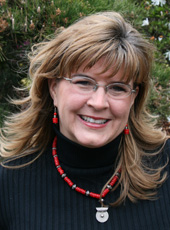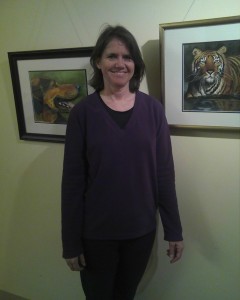With A Little Help Business Development Director Named Washington Home Care Association Conference Chair
[caption id="attachment_1571" align="alignleft" width="170"] Shawn D'Amelio[/caption] With A Little Help’s Director of Business Development, Shawn D’Amelio, is serving as 2014 Conference Chair for the Washington Home Care Association (WAHCA) formerly known as Washington Private Duty Association (WAPDA). In her role D’Amelio will plan and organize the annual WAHCA conference, Blooming with the Boomers, September 16 and 17, 2014 at the Lynnwood Convention Center. “I’m excited to serve as Conference Chair,” D’Amelio said. “Serving in this role is a wonderful learning opportunity for me and I have been blessed with a Conference Committee that brings a great deal of knowledge about home care and our industry as a whole.” The Washington Home Care Association (WAHCA) is a 9 year old organization active in education, support and advocacy for best practices and industry standards that govern businesses providing Private Duty Home Care in Washington State. WAHCA member agencies such as With A Little Help are all licensed by the Washington State Department of Health. Their caregiving teams pass background checks and are licensed, bonded, trained and supervised.
Shawn D'Amelio[/caption] With A Little Help’s Director of Business Development, Shawn D’Amelio, is serving as 2014 Conference Chair for the Washington Home Care Association (WAHCA) formerly known as Washington Private Duty Association (WAPDA). In her role D’Amelio will plan and organize the annual WAHCA conference, Blooming with the Boomers, September 16 and 17, 2014 at the Lynnwood Convention Center. “I’m excited to serve as Conference Chair,” D’Amelio said. “Serving in this role is a wonderful learning opportunity for me and I have been blessed with a Conference Committee that brings a great deal of knowledge about home care and our industry as a whole.” The Washington Home Care Association (WAHCA) is a 9 year old organization active in education, support and advocacy for best practices and industry standards that govern businesses providing Private Duty Home Care in Washington State. WAHCA member agencies such as With A Little Help are all licensed by the Washington State Department of Health. Their caregiving teams pass background checks and are licensed, bonded, trained and supervised. 08 July, 2014


